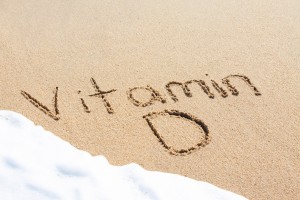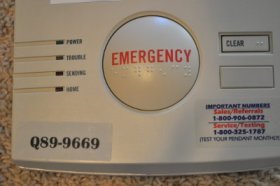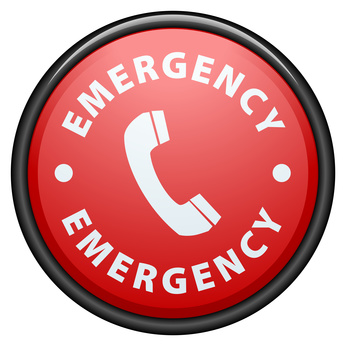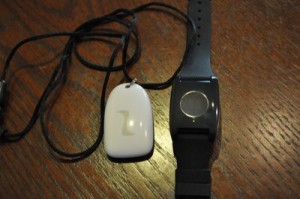Vitamin D and Senior Health
 Vitamin D is known as the sunshine vitamin. It is unique among vitamins because it can be produced in the skin with exposure to sunlight. It can also be consumed in food and supplements.
Vitamin D is known as the sunshine vitamin. It is unique among vitamins because it can be produced in the skin with exposure to sunlight. It can also be consumed in food and supplements.
However, because of reduced outdoor activities and environmental factors, vitamin D deficiency is endemic today. According to an article published by the Journal of Pharmacology and Pharmacotherapeutics, nearly 50 percent of the world’s population is deficient in vitamin D.
Vitamin D deficiency is a common risk factor among senior citizens. Older adults are an at-risk group because:
- Their skin cannot synthesize vitamin D as efficiently as younger people;
- They are likely to spend more time indoors; and
- They may have inadequate vitamin D intake.
What Vitamin D Does for the Body
The risk for health problems among seniors increases with vitamin D deficiency. This important nutrient is essential for strong bones, as it helps the body absorb calcium, which is critical to bone health and strength.
Vitamin D is also necessary to:
- Regulate cell growth
- Help the muscles move
- Fight infection
- Carry messages through the nervous system
Vitamin D Reduces Health Risks for Seniors
Maintaining adequate vitamin D levels can play an important role in preventing serious health problems among seniors. Older people who get the recommended daily amount of vitamin D are more likely to:
- Lower the risk of developing bone diseases and osteoporosis
- Maintain mobility and independence
- Prevent falls and fractures
- Reduce the need for early admission to a nursing home
- Decrease the risk for diabetes, cardiovascular problems, and certain types of cancer
How to Get More Vitamin D
Our bodies have the ability to produce vitamin D naturally in the skin. However, that ability decreases as we grow older.
Because of the risk of skin cancer associated with sun exposure, many people wear sunblock out of doors, which further interferes with vitamin D production in the skin. The National Institutes of Health (NIH) recommends that people who avoid the sun, cover up, or use sunscreen outdoors should include sources of vitamin D in their diets and/or take supplements.
Adding the following foods, fortified or naturally rich in vitamin D, to your diet can help prevent a deficiency:
- Fatty fish, such as salmon, tuna, and mackerel
- Cheese, egg yolks, and beef liver
- Mushrooms
- Milk fortified with vitamin D
- Breakfast cereals and other foods fortified with vitamin D
Vitamin D is also available in supplement form. To maintain optimal levels, your doctor may recommend that you take vitamin D supplements in addition to eating vitamin D-rich foods.
Factors Affecting Vitamin D Synthesis
The amount of vitamin D the skin is able to synthesize can depend on several factors. Groups at risk for vitamin D deficiency include:
- Older adults
- People with limited exposure to the sun
- Dark skinned people
- People with disorders such as Crohn’s disease and celiac disease that cause malabsorption of fat (vitamin D requires fat for absorption)
- Obese people and those who have undergone gastric bypass surgery
How Much Vitamin D Is Needed Daily?
NIH states that the amount of vitamin D you need in a day depends on your age. For adults 19 to 70 years of age, the average daily recommended amount is 600 International Units (IUs). For adults 71 and older, the recommend amount increases to 800 IUs per day.
However, some individuals may need more vitamin D from food and supplements than others. Ask your doctor about the daily amount of vitamin D recommended for you.
Personal Emergency System to Protect Your Health
There is no doubt that greater health risks come with aging. The older we become, the more important it is to protect our health with the right nutrition, lifestyle choices, and safety precautions.
That’s where a personal emergency system comes in. With the push of a button on a bracelet or pendant, you can get help on the way immediately in a medical crisis. Check out our medical alert comparison for help finding a personal emergency system to suit your needs.



